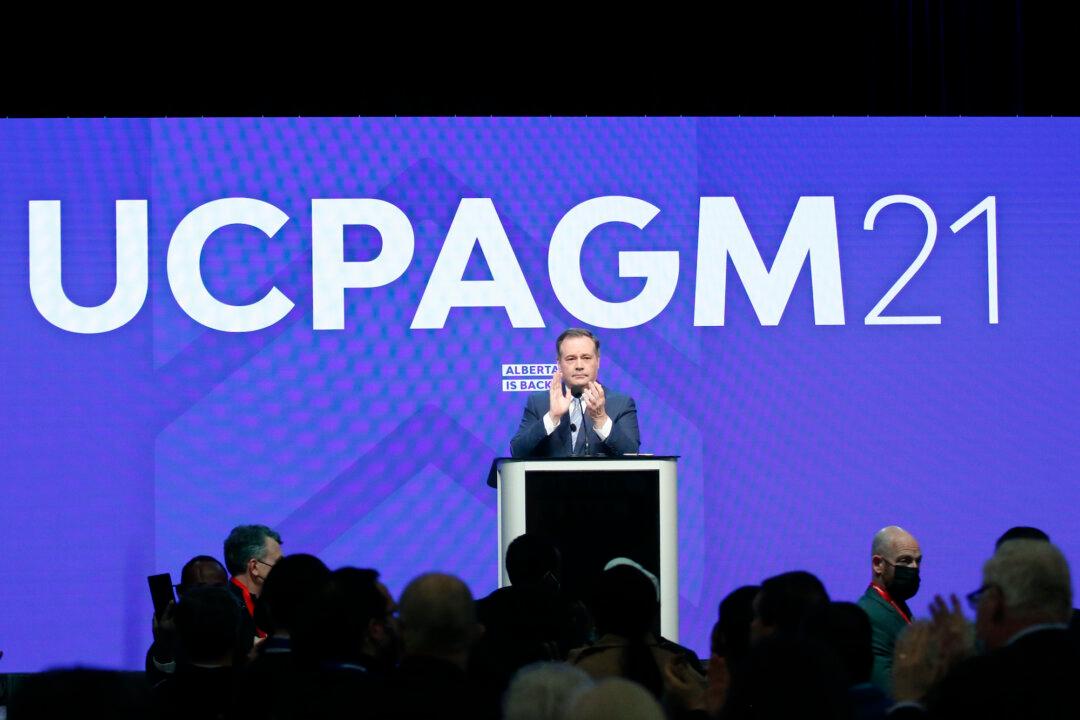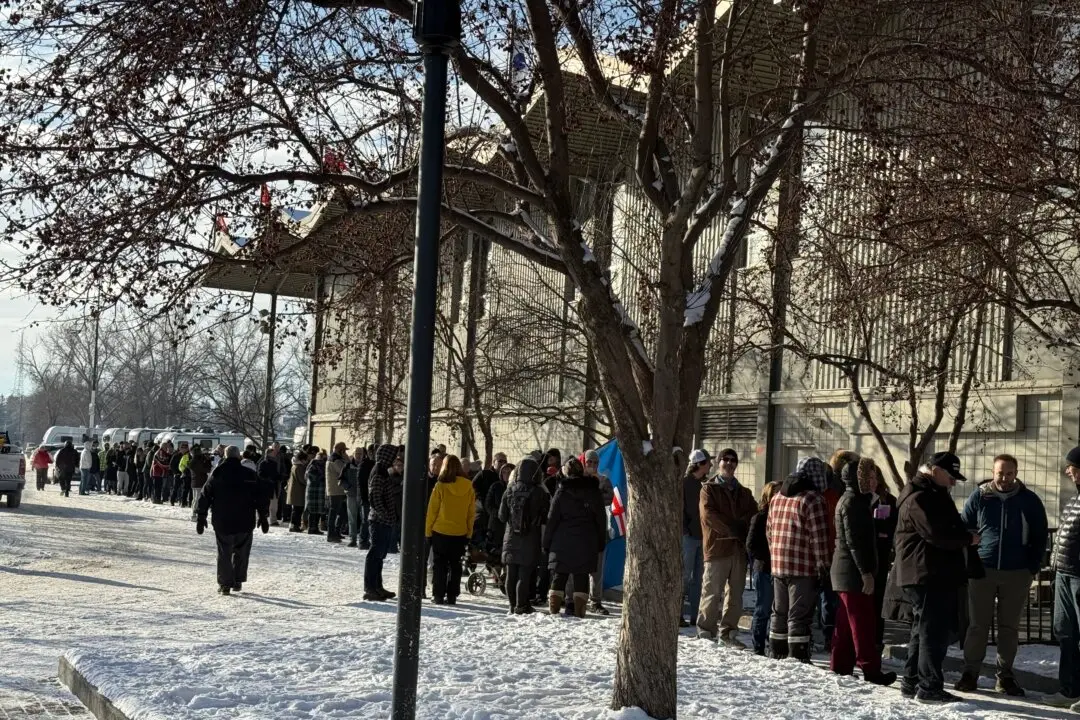Commentary
The worst trait among conservative parties in Canada has to be their propensity to eat their own. If conservative parties weren’t dedicating so much time to quelling strife within their own ranks, they could probably win more elections. Progressive leaders provincially and federally must smile when stories break about conservative parties openly fighting among themselves.





